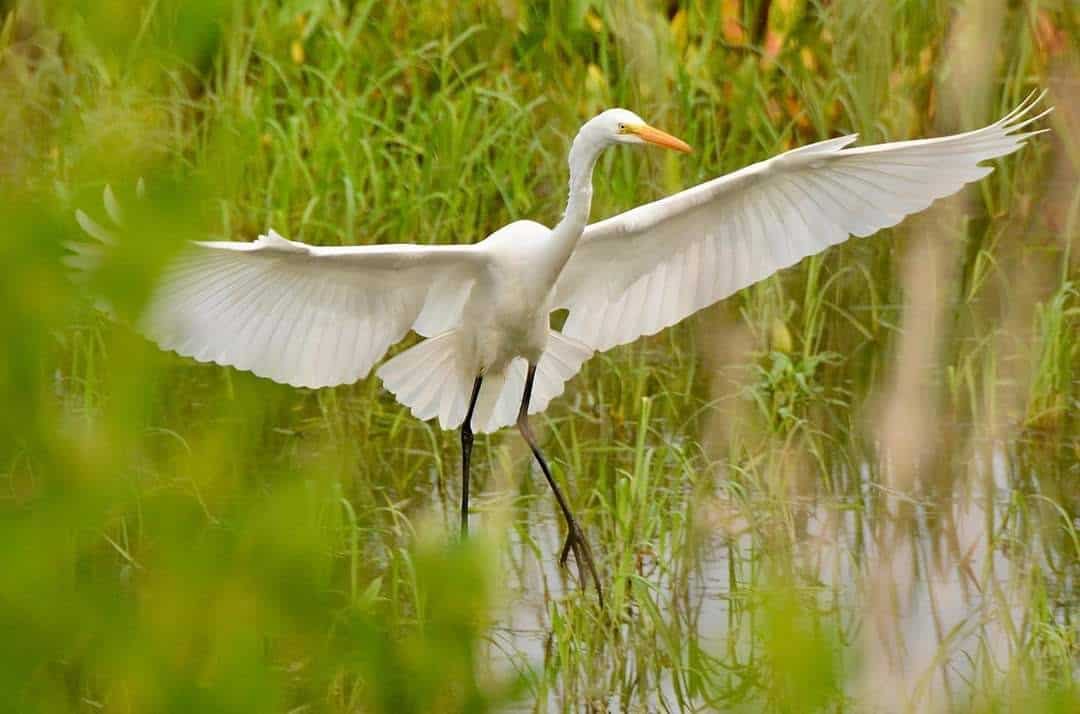
Although my instinct is to go toward trouble, I wish I was wired for flight. Flight provides a chance to read the larger environment. Fleeing creates space between you and the event. You can evaluate options with greater objectivity. While perhaps not ‘Johnny-on-the-spot’ at the moment of greatest need and not the frozen recorder memorializing the event, the flight option enjoys the widest lens. Some might argue that the wider lens unleashes the best spectrum of options.
In a perfect world, you have a few fighters, a few fleers, and a few freezers on your team. All three natural skill sets are needed. Yet, each group tends to see the other two through negative mindsets. The fighter sees the fleers and the freezer as cowards. Not so. The fleers and freezers see the fighter as reckless. Not so. Every team needs someone to dive in, someone to step back, and someone to take in the big picture.
Get acquainted with your own wiring and embrace its benefits. More importantly, appreciate the value that other personalities bring to the table, especially during crisis. The introverted resource-finder is just as important as the adventurous risk-taker. The adaptable observer is just as valuable as the focused doer. The patient student brings as much to the team as the eager beaver.
You don’t get to choose your instinct. But you can be curious rather than judgmental when a teammate responds differently than you expect. Challenge the default mindsets that suggest that ‘different’ is less-than. Consider the possibility that ‘different’ augments the range of options. Imagine the advantage you might have if you could select your instinctive reaction based on the needs of the situation. That would be a superpower!
